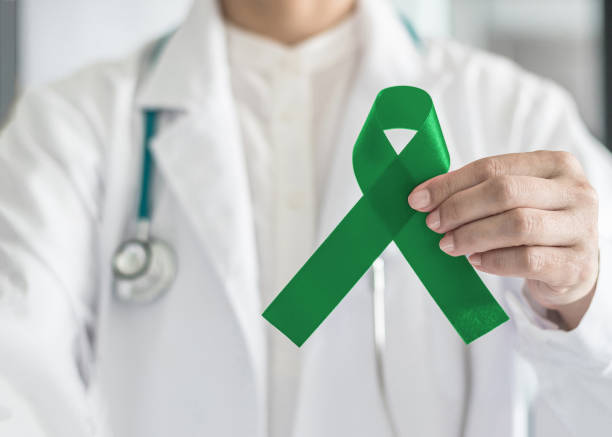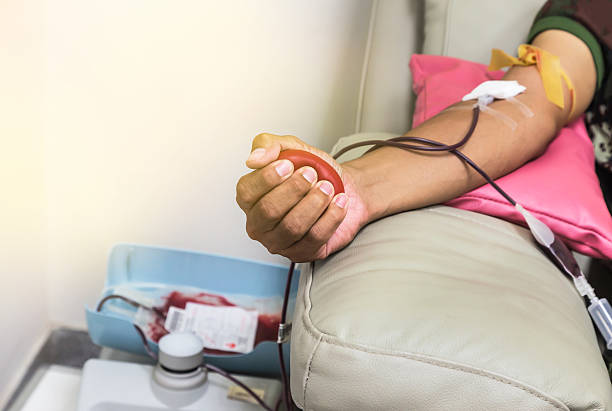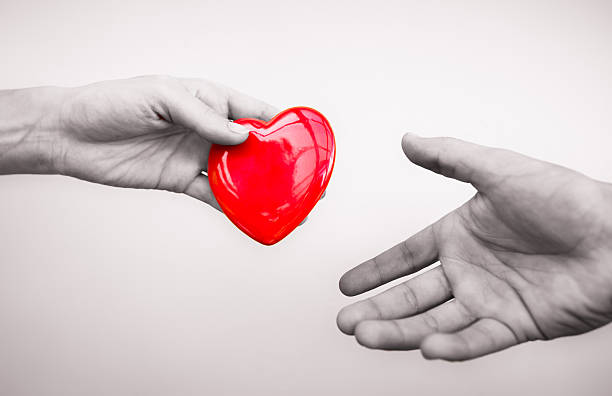Donate Your Eggs: A Guide to Egg Donation
Egg donation is a profound act of generosity that can change lives. For many individuals and couples struggling with infertility, egg donation provides a glimmer of hope. This guide delves into the intricacies of egg donation, exploring the process, benefits, and ethical considerations.
Understanding Egg Donation
Egg donation is a medical procedure wherein a woman donates her eggs to another person or couple to assist in conception. This process involves several steps, including medical screenings, hormone treatments, and the retrieval of eggs. The donated eggs are then fertilized with sperm in a laboratory setting, and the resulting embryos are implanted into the recipient's uterus.
The Egg Donation Process
The journey of egg donation begins with an extensive screening process. Potential donors undergo rigorous medical evaluations to ensure they are in good health and have no genetic disorders. Psychological assessments are also conducted to confirm that donors are mentally prepared for the process.
Once approved, donors receive hormone injections to stimulate their ovaries to produce multiple eggs. This phase typically lasts about two weeks and involves regular monitoring through blood tests and ultrasounds. The goal is to ensure that the ovaries are responding appropriately to the hormones.
The final step is egg retrieval, a minimally invasive procedure performed under sedation. A needle is used to extract the eggs from the ovaries, which are then immediately taken to a laboratory for fertilization. The entire process, from screening to retrieval, generally takes about six to eight weeks.
Benefits of Egg Donation
Egg donation offers numerous benefits to both donors and recipients. For recipients, it provides an opportunity to conceive and carry a child, often after years of struggling with infertility. The joy and fulfillment that come with starting or growing a family are immeasurable.
For donors, the act of donating eggs can be incredibly rewarding. Many donors are motivated by the desire to help others achieve their dream of parenthood. Additionally, egg donors are typically compensated for their time and effort, which can be a significant financial incentive.
Ethical and Legal Considerations
Egg donation is accompanied by various ethical and legal considerations. One primary concern is ensuring that donors are fully informed and provide their consent voluntarily. This involves comprehensive counseling to discuss the potential risks and implications of donation.
Another ethical aspect is the anonymity of donors. Policies regarding donor anonymity vary by country and clinic. Some donors prefer to remain anonymous, while others are open to future contact with the recipients and potential offspring.
Legal considerations also play a crucial role. Contracts are often established to outline the rights and responsibilities of both donors and recipients. These agreements cover aspects such as compensation, confidentiality, and the legal parentage of any resulting children.
Potential Risks and Side Effects
As with any medical procedure, egg donation carries potential risks and side effects. Hormone treatments can cause temporary side effects, such as mood swings, headaches, and bloating. In rare cases, ovarian hyperstimulation syndrome (OHSS) may occur, which can lead to more severe symptoms and requires medical attention.
The egg retrieval procedure itself is generally safe but may cause mild discomfort and cramping. There is also a small risk of infection or bleeding. It is crucial for donors to be aware of these risks and to follow the medical team's instructions carefully.
The Emotional Impact of Egg Donation
The emotional impact of egg donation varies from person to person. Some donors feel a deep sense of fulfillment and pride in helping others. However, it is not uncommon for donors to experience mixed emotions, including feelings of attachment or concern about the future wellbeing of the donated eggs.
Counseling and support are essential components of the egg donation process. Many clinics offer counseling services to help donors navigate their emotions and provide a space to discuss any concerns or anxieties. This support can be invaluable in ensuring a positive and healthy donation experience.
The Role of Egg Donors in Society
Egg donors play a critical role in society by helping to address the growing issue of infertility. Their contributions extend beyond individual families to impact communities and society as a whole. By enabling more people to become parents, egg donors help to create diverse and inclusive family structures.
Additionally, egg donation contributes to scientific research and advancements in reproductive medicine. Donated eggs are sometimes used for research purposes, leading to better understanding and treatment of infertility and other reproductive health issues.
Choosing to Become an Egg Donor
Deciding to become an egg donor is a significant and personal choice. It requires careful consideration of the physical, emotional, and ethical aspects involved. Potential donors should seek out reputable clinics and thoroughly understand the process before making a decision.
Support from family and friends can also be crucial. Discussing the decision with loved ones can provide additional perspectives and help in making an informed choice. It is essential to ensure that the decision to donate eggs is made freely and without any external pressure.
The Future of Egg Donation
The field of egg donation is continually evolving with advancements in medical technology and changes in societal attitudes. Future developments may include improved methods for egg retrieval, better support systems for donors, and changes in legal regulations to address emerging ethical concerns.
One exciting area of research is the potential for creating eggs from stem cells, which could revolutionize the field and provide new opportunities for individuals facing infertility. As science progresses, the possibilities for egg donation and reproductive medicine will continue to expand.
Conclusion
Egg donation is a powerful act of generosity that offers hope and the possibility of parenthood to many. It is a complex process that involves careful medical, ethical, and emotional considerations. For those who choose to donate, the experience can be profoundly rewarding, both in terms of personal fulfillment and the impact on recipients' lives. As the field of reproductive medicine advances, egg donation will remain a vital and cherished option for building families and advancing scientific understanding.




